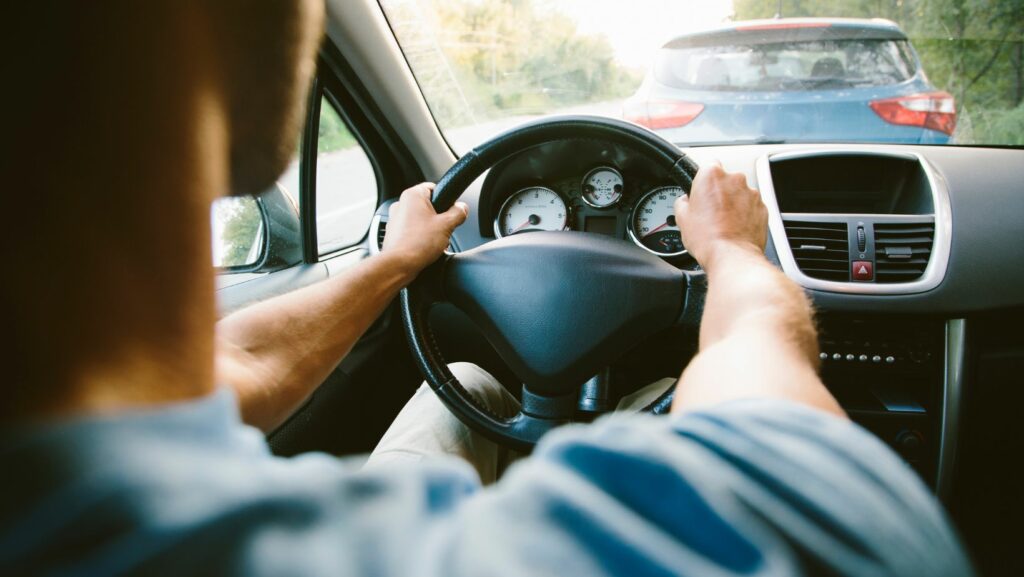Driving requires focus, quick decision-making, and precise coordination. The presence of any level of alcohol in the system will impair these abilities, therefore making the driver dangerous to themselves and other road users.
The effects of alcohol on the body are well-documented, and its impact on driving skills is one of the primary reasons impaired driving is a leading cause of accidents worldwide. If someone is involved in such an accident, you should consult a DUI accident lawyer to get compensation.
Below are the main ways in which alcohol adversely affects an individual’s safe driving:
Slower Reaction Time
Alcohol slows down the brain’s processing speed. Under the influence of alcohol, driving, this delay results in the driver taking longer to perceive danger and act on it. It could be a pedestrian crossing the road or another car braking suddenly; slower reaction time can be the difference between not being involved in an accident and being involved in one.
Victims of crashes caused by impaired drivers may need the guidance of a lawyer to pursue compensation and hold the responsible party accountable.
Impaired Judgment
Defensive driving depends on sound, smart, split-second decisions. Alcohol weakens decision-making ability by reducing the brain’s ability to assess danger and predict outcomes. Drunk drivers may underestimate danger or speed or engage in reckless behaviors such as running red lights. Such poor decision-making seriously increases the risk of an accident.
Other than dangerous driving behaviors, impaired judgment can also mean bad choices even before driving, for instance, choosing to drive while aware that one is intoxicated.
Reduced Coordination
Driving requires coordination of the hands, feet, and eyes. Drinking impairs the body’s motor function and makes it harder to steer smoothly, use the brakes correctly, or maintain one’s lane. Even minor impairment can lead to swerving, parking difficulties, or loss of control on turns.
This lack of coordination can be especially dangerous in unexpected maneuvers, such as the necessity of a quick lane change or an abrupt brake. An impaired motor function of a driver makes him less able to respond smoothly, and it increases the risk of impact and serious injury.

Blurred Vision
Drinking can affect the functioning of eye muscles so that you have double or blurred vision. Depth perception is also affected, so drivers are unable to judge the distance between cars or road objects. Night vision, in particular, is affected so that drunk drivers find it difficult to notice pedestrians, road traffic lights, or hazards on dark roads.
As the most important sense involved in safe driving, any deflection can lead to catastrophic consequences. A driver who is blind or has limited sight can misread signs on the road, fail to notice obstacles, or overcompensate on turns, turning what would otherwise have been a minor mistake into a fatal tragedy.
Decreased Concentration
Driving requires constant focus on many things at once, such as monitoring traffic lights, scanning the mirrors, controlling speed, and predicting the moves of other drivers.
Alcohol decreases the concentration levels, and drivers do not pay attention or are easily distracted. Lack of attention to such vital pointers as stop signs or changing traffic lights can be lethal.
Conclusion
Alcohol impacts nearly every skill necessary for safe driving. Slowed reaction and clouded judgment, combined with blurred vision and sleepiness, are among them, all of which add up to a deadly combination that makes crashes much more likely. Even a small amount of alcohol harms driving skills, and the higher the amount of alcohol in the bloodstream, the greater the possible danger.
Below are the strongest points on what alcohol does to one’s driving skills:
- Slows down reaction time and makes it more difficult to make safe decisions.
- Dull coordination and distorted vision make it harder to drive a vehicle safely.
- Lower concentration may lead to drowsiness, causing short moments of lapse in vigilance.
Understanding these dangers gives a reason why impaired driving laws exist—and the choice not to drink and drive is one of the safest choices you can make.

